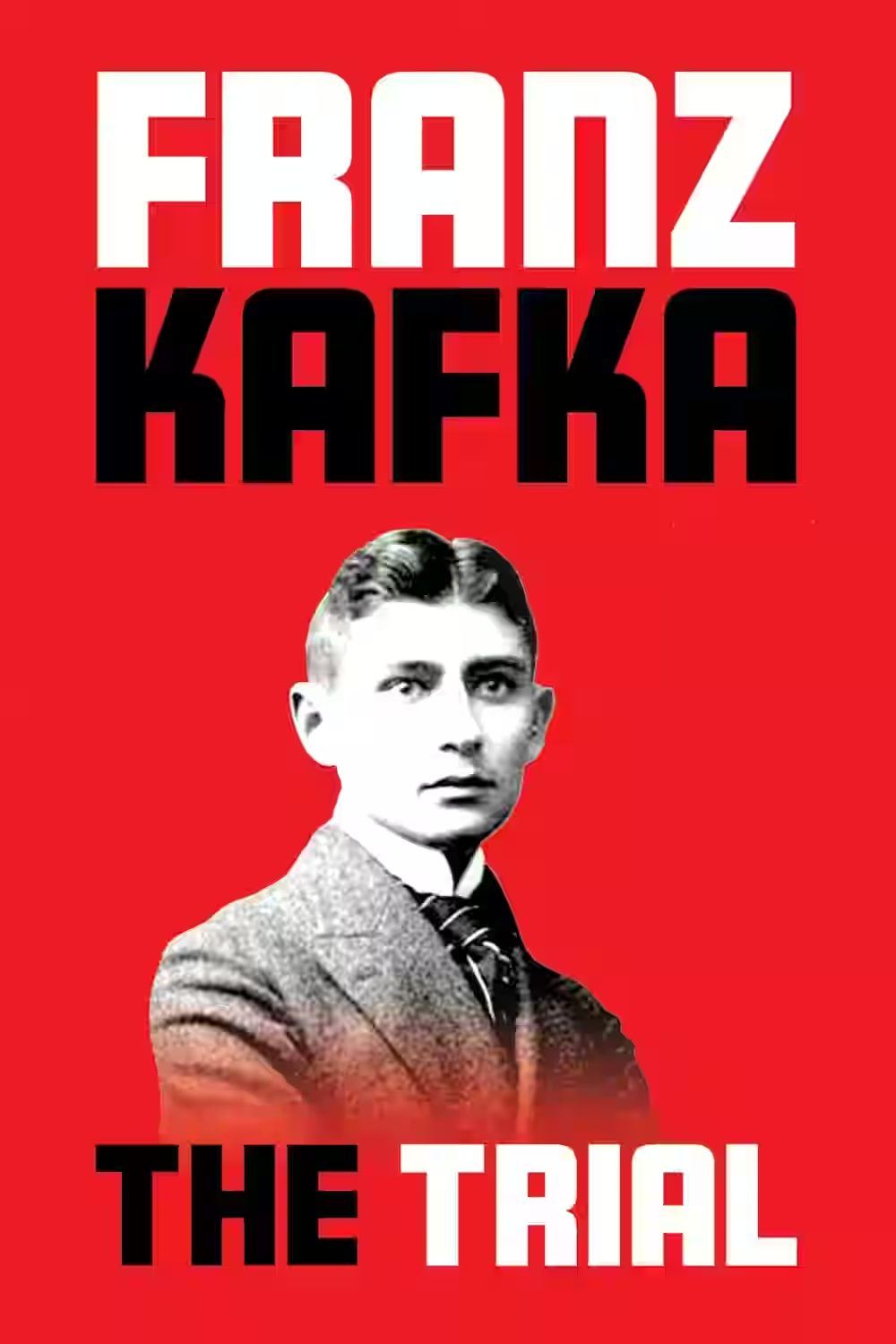Absurdist
Absurdist literature highlights the irrationality and meaningless nature of existence through surreal plots, absurd situations, and illogical dialogue.

The Crying of Lot 49
Thomas Pynchon's 'The Crying of Lot 49' is a masterful exploration of paranoia, chaos, and conspiracy set in the backdrop of 1960s California. This postmodern novel follows the protagonist Oedipa Maas as she is named the executor of her ex-lover's estate, leading to the uncovering of a shadowy organization known as the Tristero. Through a series of cryptic clues and encounters with eccentric characters, Oedipa's journey delves deep into themes of communication, existential uncertainty, and the elusiveness of meaning. Pynchon's peculiar prose, laced with dark humor and cultural critique, challenges readers to question the nature of reality and interpretation, leaving a lasting impact on modern literature.

The Trial
by Franz Kafka
In Franz Kafka's 'The Trial,' readers are drawn into a haunting narrative that delves into themes of bureaucracy, alienation, and the absurdity of the legal system. The story follows Josef K., who is arrested and prosecuted by a mysterious court for a crime that is never disclosed. As he navigates a surreal and nightmarish world where he is confronted by elusive authorities and intricate procedures, Josef K.'s futile search for truth and justice mirrors the existential struggles of modern society. Kafka's enigmatic and atmospheric writing style captivates readers, leaving them pondering the nature of guilt, power, and the individual's place in a dehumanizing society.